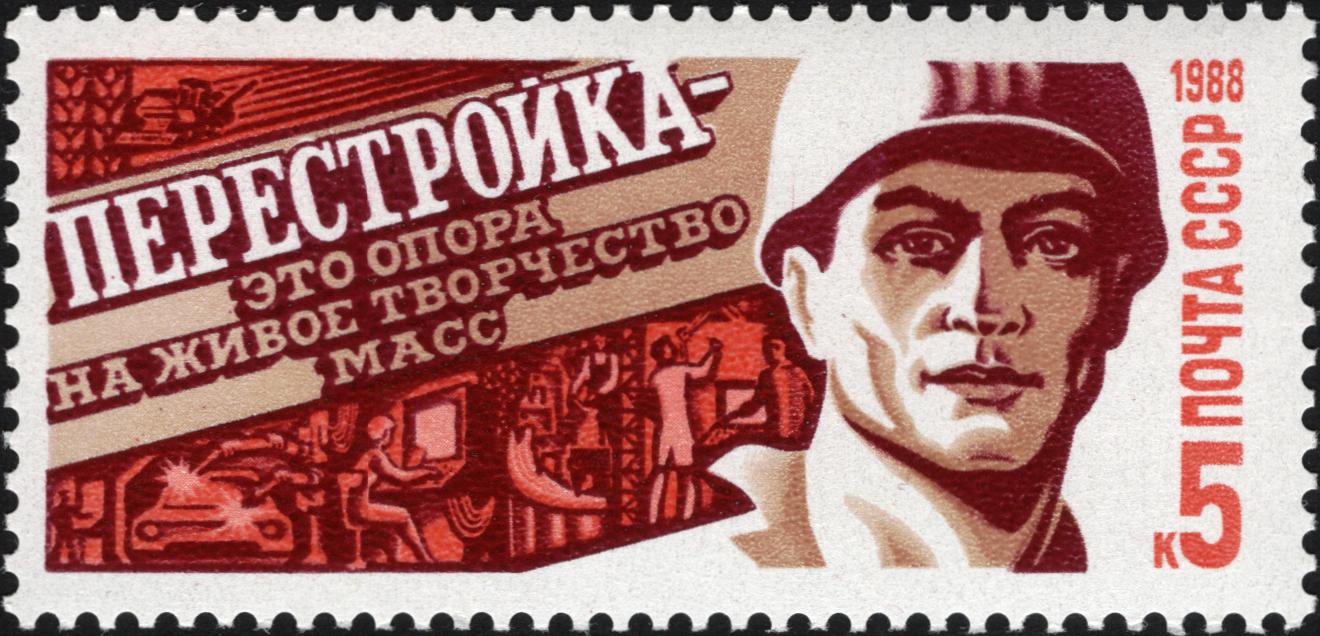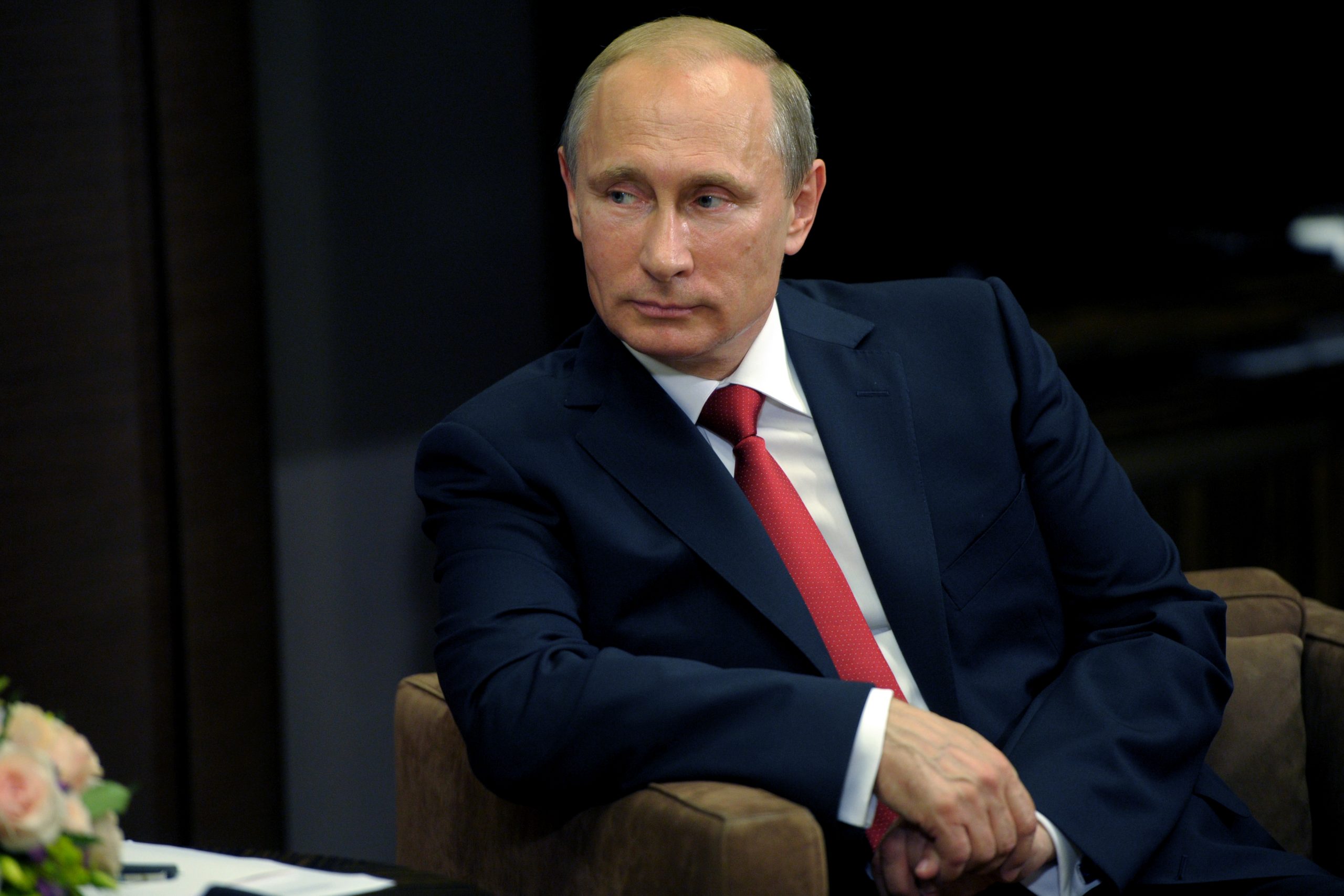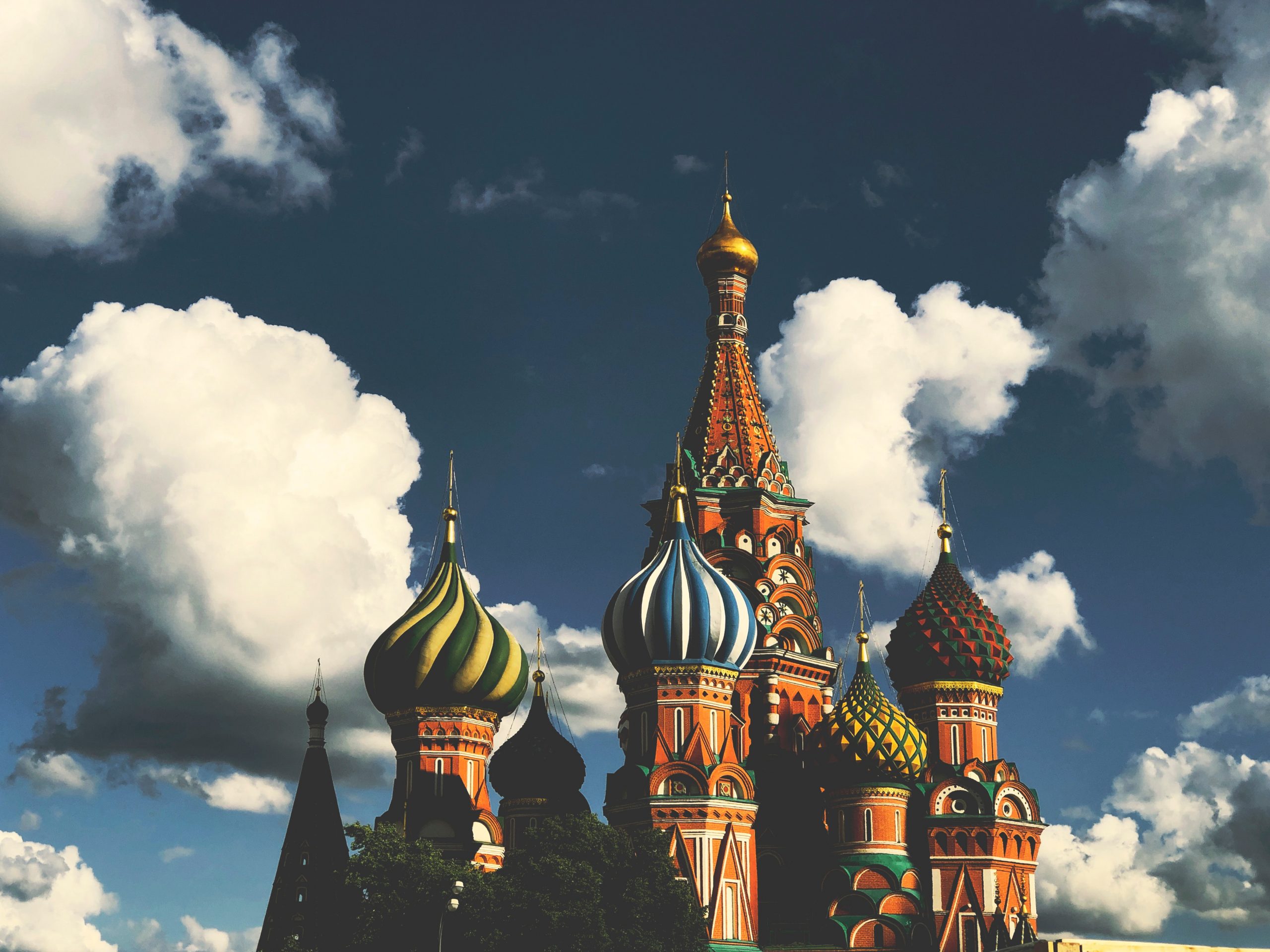Moscow does not preach anything special; its very essence opposes the world order that has lost its orientation
VICTOR LOUPAN, Head of the Editorial Board
Every great city, and even more so any great capital of the world, has a “soul”. It is not only about the “face” of the city, its external appearance, but also about its inner essence, its attractiveness.
Great cities “breathe” in a particular way releasing something special, unique. Moscow is undoubtedly one of these cities, along with London, Paris, Berlin. There are no other similar capitals in Europe.
It is customary to say: “Moscow is not Russia”, “Paris is not France”, “Berlin is not Germany”. Indeed! But what are Russia, France, Britain, Germany? When reading the works of the great writers representing these countries (where all these countries show brilliant sources of great literature), one involuntarily realises that the essence of domestic life is provincial by its nature, that the true heart of a nation beats somewhere in the hinterland. Somewhere in the outback of Little Russia for Gogol, Great Russia for Turgenev or Bunin, Normandy for Flaubert or Maupassant.
But all these great writers, who write so heartfelt about the outback, always depict heroes (not necessarily goodies) who passionately dream of leaving their place for the capital. Chekhov’s Olga, Masha and Irina Prozorovs are dying to be free from their provincial town. “To Moscow, to Moscow!” – they say, repeating the words as a kind of mantra. They believe that in the hinterland they are surrounded by “vulgarity”, “meanness”, “meaningless life”. But they still fail to escape from this cage. Here is how Chekhov describes the province in the words of Andrei, one of the heroes of the play: “Our town has been in existence for two hundred years – there are a hundred thousand people living in it; and there’s not one who’s not like the rest. <…> They only eat, drink, sleep, and then die… others are born, and they also eat and drink and sleep, and not to be bored to stupefaction they vary their lives by nasty gossip, vodka, cards, litigation…” A terrible description that you really want to escape from. And where else, if not to the capital?
Although there are also a lot of people in the capital who senselessly live their lives. The Goncharov’s hero, Oblomov, or the Gogol’s little man Akaki Akakievich come to mind Immediately. But they are tragic characters in their own way. They may be pathetic, but tragic.
A much more suitable literary hero, who personifies the meaninglessness of life in the capital, is Stiva Oblonsky, the brother of Anna Karenina. He also lives thoughtlessly, carelessly, aimlessly, but unlike Chekhov’s provincial heroes, he does all this easily and even cheerfully. There is no petty bourgeois provincial mediocrity in him. Oblonsky is complacent and benevolent, he is filled with love for life and a joyful perception of life. He is a typical metropolitan slacker, well, and a snob, of course, too.

In the Soviet Union, like in every large country, there were several local capitals: Leningrad, Kiev, Odessa. The capital is not an administrative definition, but rather a cultural one. For example, Bonn had never been the capital of the Federal Republic of Germany, although it was officially considered so for many decades in a row. Bonn was a slow provincial town where nothing interesting happened, but Berlin, Hamburg or Munich were true capitals of West Germany and entire Europe.
In this regard, Moscow has a strange fate. The fact that Peter the Great established Petersburg and built a magnificent European city on a swamp pushed Moscow into the background for a while. Officially, let’s say. Because Moscow remained the heart and spiritual center of the Russian Empire. That is why, when, according to the “Lord’s will”, the Russian troops gave Moscow to Napoleon, it was perceived as an indescribable, unthinkable act, behind which the Providence of God was supposed to be. Therefore Lermontov wrote his dramatic words: “Do not be the Lord’s will, / They wouldn’t give Moscow away!”
When Lenin decided to leave Petrograd and move to Moscow together with the Bolshevik government, he did it as if for practical reasons. Moscow, they said, was farther from the borders of the imperialist states than St. Petersburg – it would be more difficult to take it in the event of the intervention of the countries opposing the revolution.
So, Moscow ceased to be the capital because of the “Westerniser” Peter the Great, and none other than Vladimir Ilyich Lenin restored its status of the capital of the great state – a man considered an enemy of Russia by the Russian enemies of the revolution. And Nikolai Berdyaev generally dubbed Bolshevism as “an extreme manifestation of Westernism”. Isn’t it contradictory?
Apparently, the ways of the Lord are truly inscrutable. Over time, the Bolsheviks who settled in the Kremlin, almost completely returned the territories lost during the collapse of the empire, to Russia, which developed into the USSR.
Being proclaimed the capital of the Union of Soviet Socialist Republics, Moscow became the “capital of the world proletariat”, that is, the world center of the ideological struggle against capitalism. The Americans, Germans, Italians, French, and British inspired by the “great idea”, gathered in Moscow. The Soviet experience in building socialism and communism inspired not only intellectuals and the progressively minded world intelligentsia, but thinking people in general, including politicised workers. Many of the latter, by the way, considered not the country in which they were born, but Soviet Russia as their homeland. The eyes of millions of people dreaming of another world and another life were bent on the red star on the Spasskaya Tower of the Moscow Kremlin. In Western Europe, for simplicity, these people were often called “Moscowites” or “Muscovites”. “Muscovites” is in English, but it sounds even more interesting in French, because phonetically “moscoutaire” is a funny mixture of “Muscovite” and “Musketeer”!

Once in Leningrad, a western tourist of the 20th century would “reach home” with admiration. One admired the beautiful European architecture of the city and, visiting the Hermitage, was delighted at the masterpieces of classical European painting. But arriving in Moscow, one found themselves in another reality – in the “Russian world”, because you cannot name it otherwise. In the Tretyakov Gallery, being open-mouthed with astonishment, one looked in amazement at the absolutely Russian masterpieces of the Itinerants and Aivazovsky, at the unsurpassed icons of Andrei Rublev, Theophanes the Greek and Dionysius. One could see all of these only in Moscow and in no other place.
A foreigner accustomed to traveling ended up in another world in Moscow. Not only in a world where people were engaged in building a communist society of equality and brotherhood, but they also thought and worked in a different way.
Like everything factitious, the communist idea waned over time. So much so that even the Soviet leaders stopped believing in it behind the screen of the ideas of “glasnost” and “perestroika”. The gerontas sitting in the Kremlin before – Brezhnev, Andropov and Chernenko – ruled not the “homeland of the world proletariat”, but the “evil empire” from which even yesterday’s communists had already separated themselves.
With the arrival of Gorbachev, due to his rhetoric or verbiage – whatever you like, Moscow instantly became the capital of the world again. It was in Moscow, as it seemed to everyone then, that the pulse of modernity was beating there. It was in Moscow that the subsequent fate of all mankind was being decided. No Western TV channel avoided a main news program that started with Moscow news. It seemed to the Western layman, whose life passed in the context of the Cold War, that the world had finally grown wiser, that universal values prevailed over the blunt ideologisation of everything, that at last we would all love, but not be afraid of, each other.
We know, alas, how it all ended, especially for Russia. Moscow has ceased to be the capital for tens of millions of Soviet people. The collapse of the USSR (and actually the entire Russian Empire) turned into the fact that the peoples who had been part of Russia for centuries were suddenly torn away from it, gaining independence for which they did not fight, and even within the boundaries of the Soviet republics inculcated by the Bolsheviks. In all these newly-minted countries, the rampant of nationalism, ethnocracy and pogroms immediately began, primarily directed against the Russian population which had become a national minority cut off from Russia.
By the tenth anniversary of Boris Yeltsin’s rule, Moscow lost its spiritual, great-power image. In the West, they began to write about Moscow as the capital of the country, where violence, poverty, kleptocracy, banditry, prostitution prevail, where the drunk president drinks so much that he cannot get out of the plane. Meanwhile, the West was crushing fraternal Serbia, and the Chechen Islamists were crushing the drunken Russian army. I remember a terrible article by the Russian officer Sergei Tyutyunnik named “War and Vodka”. I also remember how Yeltsin and Lebed received the leaders of the Chechen thugs – Maskhadov and Udugov – in the Kremlin. They are thugs in the literal but not figurative sense of the word, as evidenced forever by the horrifying footage that I had to watch, unfortunately.
My Moscow friends, prominent representatives of the liberal Moscow intelligentsia, who wholeheartedly welcomed both democracy and freedom, were sometimes simply ashamed. They could not understand how all their dreams and desires were deceived in such a terrible way. I spent a lot of time in Russia then, and I remember all this very well.
Appearance of Putin was unexpected. He was considered the Yeltsin’s successor and follower. Although the second – finally victorious – Chechen war quickly demonstrated that another owner entered the house.
 More than twenty years have passed since then. Moscow has changed a lot, certainly for the better. It is again the capital of a great power, no longer post-Soviet, but truly new Russia. Certain features of the still recent Soviet past are certainly felt to this day. But what is most striking is the return to square one. As if great, eternal Russia revived somehow unexpectedly for everyone. That Russia which considered itself the Third Rome. That Russia which dreamed of an alternative to the Western system with its pseudo-principles and pseudo-morality.
More than twenty years have passed since then. Moscow has changed a lot, certainly for the better. It is again the capital of a great power, no longer post-Soviet, but truly new Russia. Certain features of the still recent Soviet past are certainly felt to this day. But what is most striking is the return to square one. As if great, eternal Russia revived somehow unexpectedly for everyone. That Russia which considered itself the Third Rome. That Russia which dreamed of an alternative to the Western system with its pseudo-principles and pseudo-morality.
I remember how in 1993, when the barricades were burning in the Smolenskaya Square, an intelligent-looking woman approached me as a Russian-speaking foreigner and asked: “Are you for democracy or for the people?” I stupidly answered her something like “Isn’t it the same thing”. Then I thought for a long time about the almost Zinoviev’s essence of her question, but I never got an idea. But I am sure of one thing: only in Russia, in Moscow, a geography teacher could ask a French reporter such a philosophical question in the midst of a riot.
Today’s Moscow is the capital of another world, the metaphorical world of this teacher, who asks Western culture and civilisation questions to which she cannot give an intelligible answer because such questions challenge the very basics of the Western system, the ossified dogmas of which are not trusted anymore. And therefore they are constantly repeated loud by Western ideologists, who even do not realise that thereby they deprive the core principles of their sense and fullness.
The Western press often writes that there is no true democracy in Russia, but Putin is supported by the overwhelming majority of citizens. In opposite, people in Western European countries, where true democracy reigns, ignore voting year after year. And those who are elected represent a minority in any case. So it turns out that there are people without democracy in Russia, but there is democracy without people in the EU countries.
Moscow of the 21st century again became the capital not only of Russia, but also of all those who dream of an alternative to Western ultraliberalism with its cult of minorities, propaganda of non-traditional customs, its “new values” and inverted ethics.
Moscow does not preach anything special; by its very essence, it just opposes the world order that has lost its orientation.




